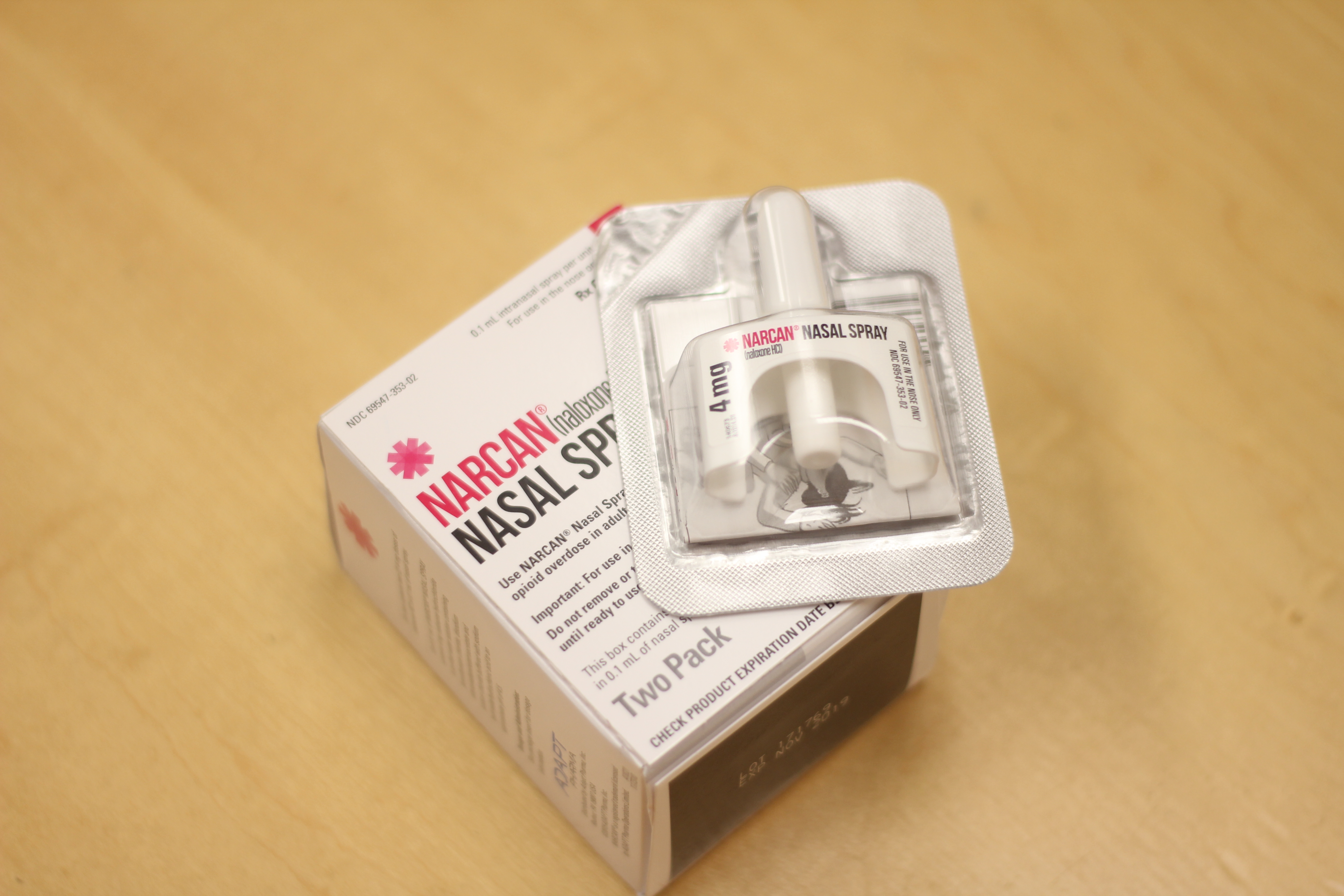The Center for Students in Recovery at UTD has recently been promoting overdose awareness by providing a new training program.
Since the start of the summer, the CSR has begun an initiative to train campus police, students, staff and other community members on what to do in case of an overdose. The Collegiate Recovery Manager at the CSR, Stephanie Epstein, led the effort to bring overdose prevention training to UTD. The training teaches participants how to use the medication naloxone, commonly known by the brand name Narcan, an over-the-counter drug that can be bought at most pharmacies and which the CSR provides on request. Epstein said since starting at the CSR a year ago, she realized how many students were struggling with opiate addictions and wanted to bring something to the campus to help them.
“I knew about naloxone trainings and just about naloxone in general, and I started to just feel concerned on what would happen if one of these students relapsed or were to use on campus, and unfortunately overdose… and for us to not be able to save that student’s life,” Epstein said.
The training is 45 minutes to an hour long and teaches participants how to react in the case of an overdose. Along with introducing topics such as defining addiction, substance abuse and the opioid crisis, the training teaches participants how to identify an overdose and how to prevent them. The training also includes a simulation of what an overdose looks like, how to administer the medication and an overview of how naloxone binds to opioid receptors in the brain in place of opioid drugs to reverse overdoses.
After focusing first on the community near the school, Epstein reached out to UTDPD and subsequently began training them, followed by CSR staff and then students and alumni. Detective Randy Holton was among the officers who attended the training and said the training was valuable for his work.
“Our police chief heard about this and he felt that it was important enough that he’s requested that all his officers go through this training, and I would agree with him. It’s exceptionally good training,” Holton said. “This training is a quick, easy simple method to deal with overdose and dangerous situations, we practiced it and it went really well.”
Craig Anderson, a community member who had previously attended other naloxone trainings and had recently been to one of the overdose trainings UTD offered, was able to use his training to save someone’s life on Aug. 6. He said of all the trainings he has been to, the one offered by the CSR has been the most interactive and informative in addition to helping him prepare for the situation he had to face, as he felt the more hands-on approach the CSR took was an important step most trainings he attended omitted.
“Each one of the trainings I’ve taken away something a little different… and I’ve only been to one (at UTD), but I think it’s awesome, we can’t have enough trainings,” Anderson said. “(The UTD training) covered every single detail, and a lot of trainings I’ve been to, they kind of skip over some things that I find important.”
Epstein said she acknowledges the difficulty in the community accepting that substance abuse issues exist. However, she said she is thankful to have the support of the school to train as many people as possible in case of an emergency.
“I think it’s a hard conversation to have to explain to administrators and students and people on campus that we do have a problem with students that use opiates,” Epstein said. “It is a hard conversation to say, ‘you do have some students that are struggling and there is a reason for us to do this training’… but our campus has been really open and supportive to us doing everything we can to support and save those students.”
According to UTD’s 2017 Annual Security and Fire Safety Report, there were several arrests made in 2016 for drug violations, including 18 on campus, 15 on residential areas and 18 on public property. According to the National Institute on Drug Abuse, Texas had 1,375 opioid-related overdose deaths in 2016 and a rate of 4.9 deaths per 100,000 persons, smaller than the national rate of 13.3 deaths per 100,000 persons. Between 1996 and 2014, at least 26,500 opioid overdoses in the U.S. were reversed by using naloxone.
Throughout the school year, the CSR has planned at least one naloxone training a month. The trainings are free and open to all students, faculty, community members and anybody who is interested in learning how to help someone in the case of an overdose.

Leave a Reply